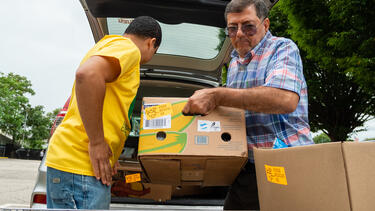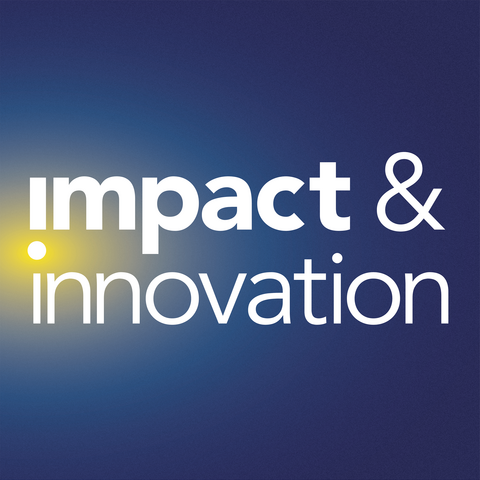Social Impact
The Funding Crisis Facing Nonprofits
We talked to Andrea Levere ’83 and Alexandra Sing ’20, CEO and COO of Capitalize Good, about the state of the social sector and the increased urgency of their work working with funders and nonprofits to move toward a model of stable, long-term capital.
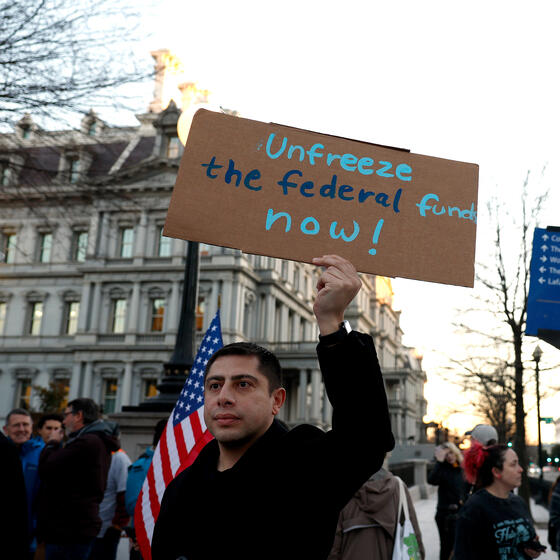
How the Tools of Impact Investing Can Undermine Resilience in the Global South
Impact investing advisor Clint Bartlett ’17 and Professor Todd Cort are working on innovative approaches in which businesses that create positive social outcomes get cheaper capital.
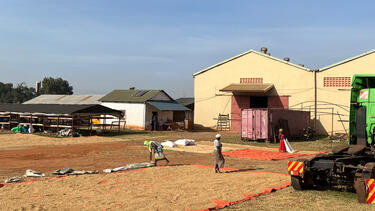
What Turkey Needs for Its Long Recovery
Even as emergency relief continues, says Rana Kotan ’04, secretary general of Third Sector Foundation of Turkey, it is crucial to expand the capacity of the grassroots organizations that will be rebuilding long after the headlines have faded.

The Social Entrepreneur’s Tool Kit for Making a Difference
All of us see things we’d change about the world. In a new book, Yale SOM’s Teresa Chahine offers a set of tools for anyone seeking to make a positive impact.
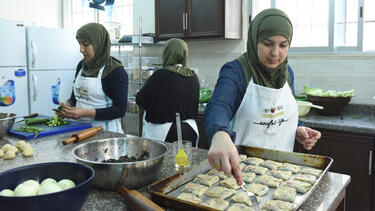
Seth Goldman on the Not-So-Sweet End of Honest Tea
Seth Goldman called Coke’s decision to discontinue Honest Tea a “gut punch.” But the outcry from disappointed fans of the not-too-sweet drink have inspired him to return to tea.
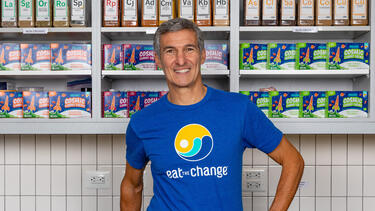
Land Trusts’ New Tools for Fighting the Climate Crisis
Land trusts are bringing innovative new tools to tackle the myriad problems created by climate change.

What Do Ukraine’s NGOs Need?
Jenny Malseed ’05 of GlobalGiving explains what NGOs on the ground in Ukraine are experiencing and what they need to continue their work.
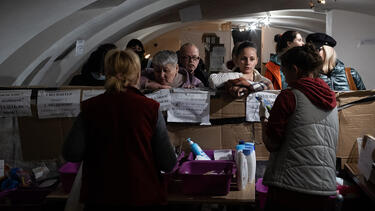
The Keys to Trust in Public-Private Partnerships
Wariness between partners can undermine potentially impactful projects. New research co-authored by Yale SOM’s Teresa Chahine examines an ambitious project to deliver medicines across Africa and details the keys to building trust.
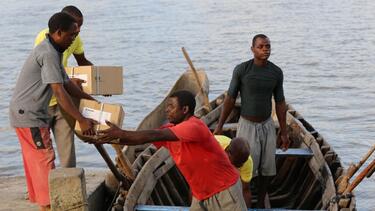
Can Faith Power Social Change?
A collaboration between the nonprofit Ashoka and Trinity Church Wall Street, launched by Anne Evans ’78, aims to harness the passion among people of faith for making positive change.
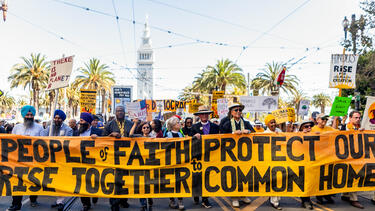
Can Social Entrepreneurship Complement Public Health Systems?
While social entrepreneurs are often criticized for building parallel systems alongside public institutions, writes Yale SOM’s Teresa Chahine, in the case of public health they can serve as a pathway to strengthen and complement the existing public health system, especially in low-resource settings.
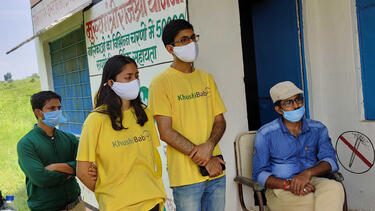
How Better Mobile Crowdsourcing Can Help Combat Food Waste and Feed the Hungry
Yale SOM’s Vahideh Manshadi and Scott Rodilitz worked with Food Rescue US to hone their strategy for connecting volunteers with food donations. Their findings can help other nonprofits harness the power of crowds for social good.
